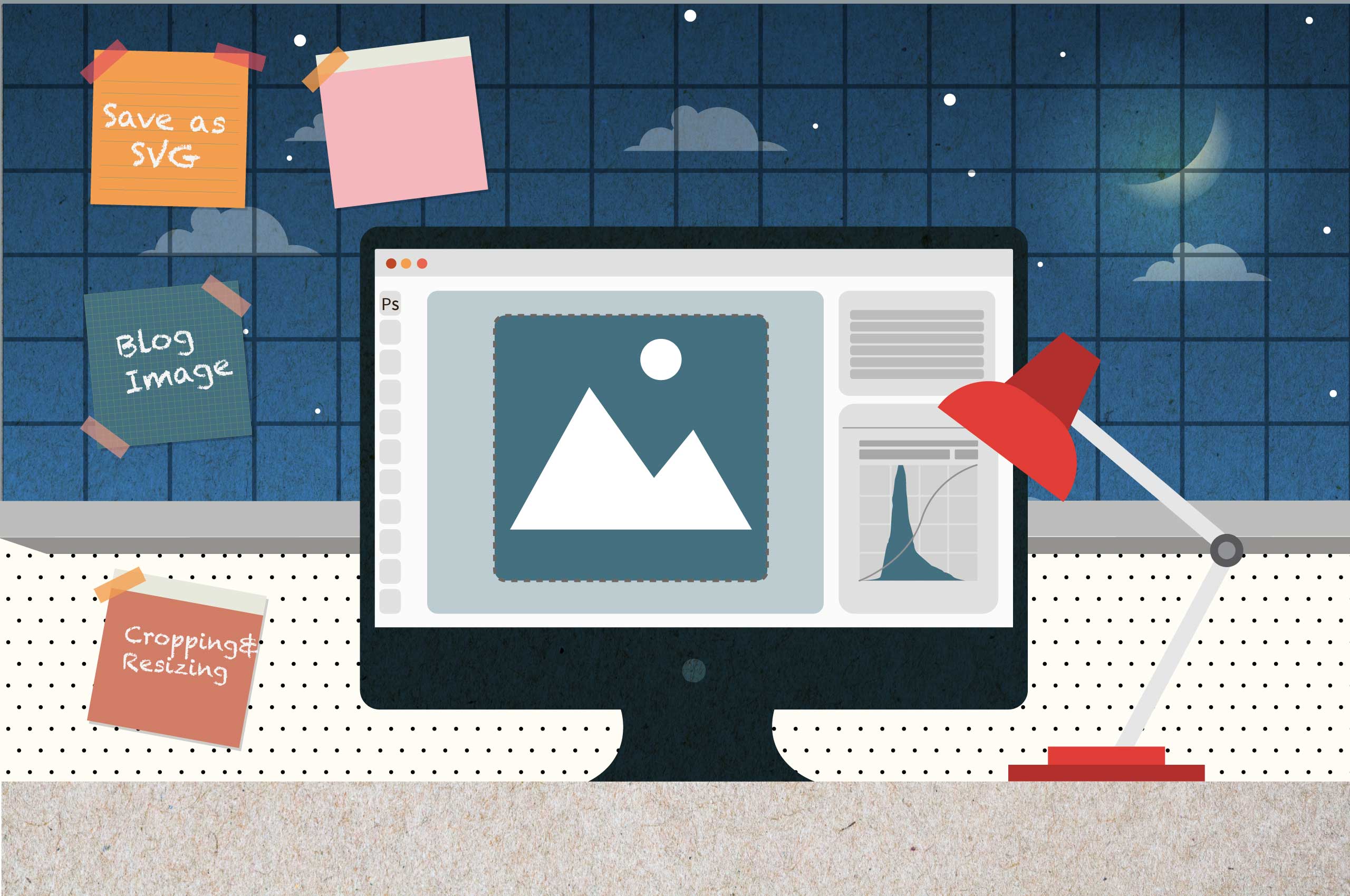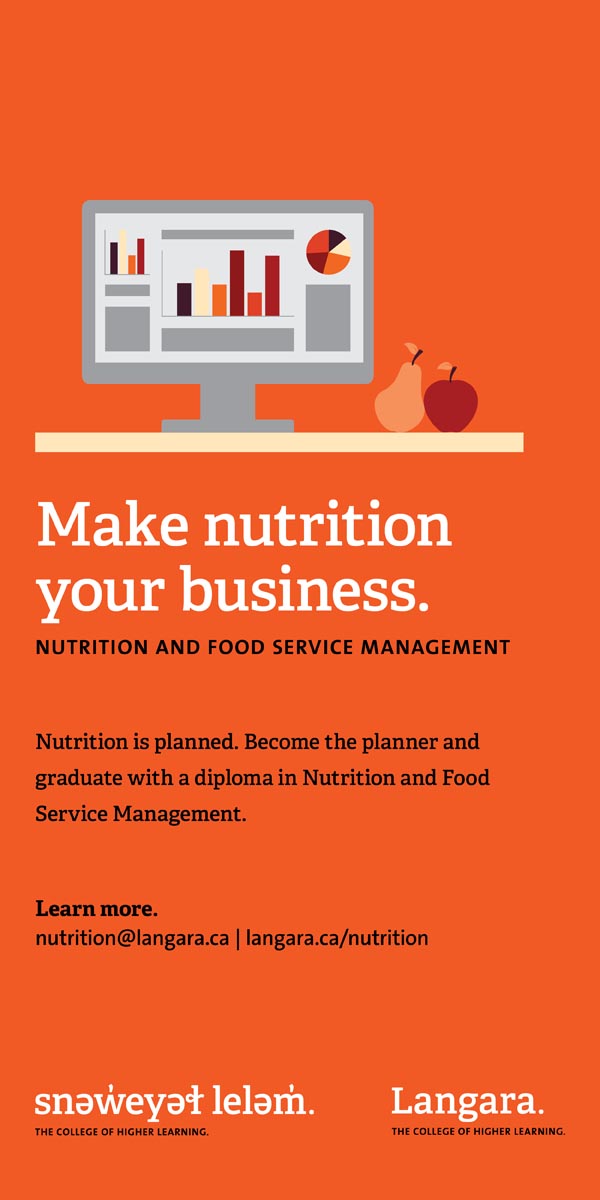We are thrilled to introduce you to the Media & QA Team! This year, the Media Department and the Quality Assurance Team have merged into one. Their tasks include processing all the images for the online version of PRM, taking care of their sizes, formats, and quality. They will also thoroughly test the developing and launched website, paying special attention to tracking and correcting bugs. In this interview, we get their insightful comments about this school year coming to an end.
We are almost there! How do you feel?
Teresa: I feel both really excited and kind of nervous to finish school because I don’t know what the next step is, and I don’t feel like a total professional yet. I still have so much to learn. But I’m also excited to take a break from being on the computer 24/7 and to have time to create a little bit before I can move forward with my life.
Julia: I feel great. I’ve learned so much stuff during the whole program. I also feel a bit nervous about job interviews. It will be challenging, but that’s life. And, also, I need a little bit of a break, as Teresa said.
Stephanie: I feel really strong. When I started, I felt weak in terms of my knowledge base but now I feel strong and calm and excited to see what’s coming next. It’s like, “the show must go on.” New dancers are taking the stage, new people are coming into college, it’s like everything has its season. I’m ready.
What surprised you most about the program?
T: How much you can learn in a short amount of time! When instructors put pressure on us to get things done, I think they accelerated our learning a little bit, and we also relied on each other for encouragement. It was also surprising the kind of community we built with the project of PRM, and then moving to the online world and how we were all able to learn from each other.
J: For me it was the online classes; it’s my first time having online courses, so it was a great experience. In the beginning I wasn’t sure if I was doing the right thing, but then I started to get used to it, I adapted to it, and I think we all did great.
S: The most surprising part was how everyone is very forgiving and flexible, and when things fell apart, it was nice to go to a few people and say, “Hey, can you help me with this? I don’t get it.” I realized I didn’t have to know it all. And when remote access posed a challenge, that didn’t stop people from saying, “I need your help, I don’t get this, let’s figure it out,” which is amazing.
What were your career goals when entering the program and have they since changed?
T: I was more focused on the learning aspect than having a clear career in mind because the program offered so many things. My initial goal was to incorporate both writing and design, but by the end of it, I was so into the design aspect that I wanted to do more of that. So, has it changed? Maybe a little bit. I think the program has opened a lot of gateways in that sense, but I’m still figuring it out.
J: At the beginning of the program, my main priority was graphic design, but after working with web design, I found it really interesting. So I might focus on web after the program.
S: I came into the program with no industry experience, so I anticipated doing something involving children’s literature or editing. But the more I got into the program, the more I realized that my artistic side was flourishing. It’s strange for me because for so long I was very private with my art, but I feel the program has taught me to be ok with being creative, and also to be ok with showing that, because it is a very vulnerable experience to show your work. But wherever the road goes, I feel fortunate that I can pick and choose now, I don’t have to just focus on one thing.
Do you have any advice for future DPUB students?
T: It’s such a constrained program, so it’s good to be on top of assignments. Learn how to manage your time and communicate effectively and don’t be afraid of asking questions. I think the one biggest thing is to ask as many questions as you can if you don’t get the assignment.
J: Be patient when you’re learning, and also when you’re dealing with other people.
S: Know that things are a process, and they take time; know that you’re a student, so make those mistakes, get messy, roll up your sleeves and say, “Ok, what can I learn from that?” Don’t be afraid to make a fool out of yourself when you make mistakes. In working environments, you may have those opportunities, but you may not have them in such a collaborative and connected way. Oh! Also, when you are in the lab, bring layers: it is cold, very cold!






